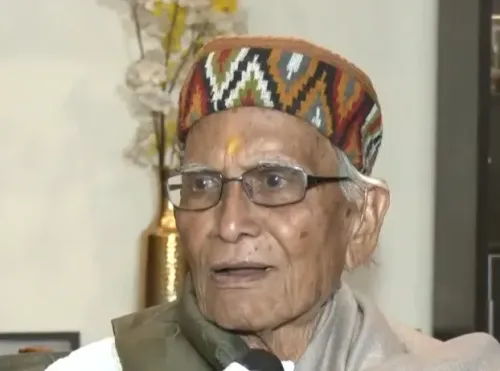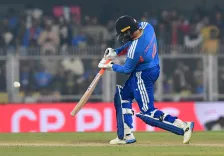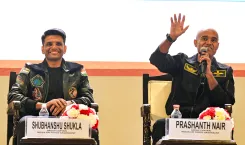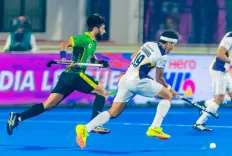How is Kerala HC Addressing Intersectionality in Women's Equality Law in the Entertainment Sector?
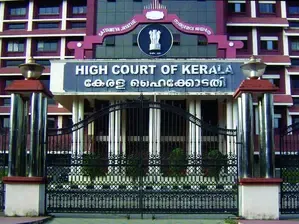
Synopsis
Key Takeaways
- Kerala HC emphasizes the need for intersectionality in women's equality law.
- The Hema Committee report highlighted critical issues in the entertainment industry.
- Intersectionality allows for a more comprehensive understanding of discrimination.
- The Kerala Women's Commission advocates for specialized legislation.
- Public feedback on the draft policy is being collected.
Kochi, Aug 20 (NationPress) The Kerala High Court, on Wednesday, made an important observation that any legislation aimed at ensuring equality for women in the entertainment sector must take into account intersectionality rather than simplifying it to a male-female dichotomy.
A Special Bench, featuring Justice A.K. Jayasankaran Nambiar and Justice C.S. Sudha, was reviewing a series of petitions linked to the Hema Committee report.
The Bench emphasized the necessity for a more nuanced perspective, stating: "It is not just about a male-female division. When we discuss equality and gender equality, we must recognize the complexities involved, especially in a context where there is no uniform representation among women—or men, for that matter. The lack of homogeneity in a group has influenced our previous rulings on equality. This may require a rethinking of our approach."
The Hema Committee, led by retired Justice K. Hema, was established by the Kerala government in 2017 to investigate concerns faced by women in the Malayalam film industry. Its report, submitted in 2019, brought to light issues such as workplace harassment, insufficient safety measures, gender discrimination, and the lack of institutional frameworks to safeguard women.
The Court elaborated on intersectionality, indicating that women from marginalized communities—such as Dalit women or those from economically disadvantaged backgrounds—often confront multiple layers of discrimination.
"Any action taken by the state or by citizens can have varying impacts. This is the essence of intersectionality," the Bench noted.
The Kerala Women's Commission previously underscored the need for specialized legislation, arguing that the existing POSH Act fails to address the unique workplace challenges faced by women in the film sector.
In earlier hearings, the Court has also stressed the importance of tackling intersectional discrimination in workplaces.
During the hearing on Wednesday, the government representative informed the Bench that a Kerala Film Policy Conclave took place on August 2 and 3, and stakeholder suggestions were made available on the websites of Kerala State Film Development Corporation (ksfdc.in) and Kerala Film (keralafilm.com).
Public feedback has also been welcomed until August 25.
Senior advocate Gopal Sankarnarayanan, representing the Women in Cinema Collective (WCC), pointed out that the websites only feature a few key discussion points and do not include the complete report or the minutes from the conclave.
He mentioned that a draft policy created by the Centre for Public Policy and Research (CPPR) had been circulated among committee members, and recommended that it be submitted to the Court in a sealed envelope.
The Bench instructed the government representative to provide the draft policy in a sealed envelope, clarifying that it would serve as a reference for future discussions.
Meanwhile, discussions on the published points may continue.
The case is set to be revisited on September 17.



